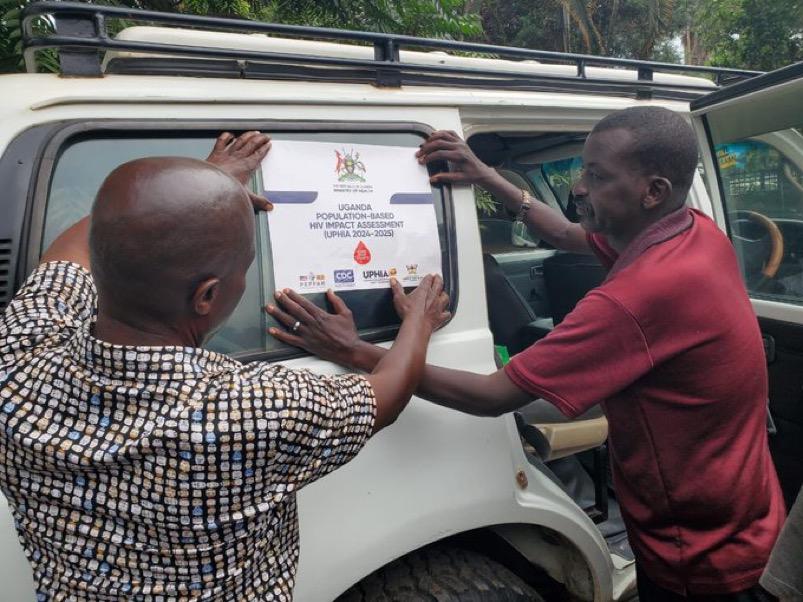
Uganda has launched a major nationwide health survey aimed at strengthening the fight against HIV and addressing the growing burden of non-communicable diseases (NCDs) such as high blood pressure and diabetes.
The Ministry of Health, in partnership with Makerere University School of Public Health (MakSPH), on Monday flagged off 35 field teams to conduct the third Uganda Population-Based HIV Impact Assessment (UPHIA) survey. The exercise will run from 2024 to 2025.
Speaking at the launch, health officials described the survey as a crucial step in assessing Uganda’s progress towards ending HIV as a public health threat by 2030.
“This data will help us understand where we stand in the fight against HIV, and also give us a clear picture of the growing threat posed by non-communicable diseases,” officials said.
The survey will collect vital data on HIV prevalence in the country, viral load suppression among people living with HIV, and new HIV infection rates. It will also assess risky behaviours that fuel the spread of HIV, as well as the burden of non-communicable diseases such as hypertension, diabetes, and obesity.
For the first time, UPHIA will assess both HIV and NCDs to provide a comprehensive picture of Uganda’s health challenges.
Field teams will visit over 6,000 randomly selected households across the country, targeting approximately 15,000 people aged 15 years and above. During these visits, teams will conduct interviews, collect blood samples, and carry out tests for HIV and selected NCD indicators.
Officials urged citizens to support the exercise by welcoming field teams and providing accurate information.
“Your participation matters. This survey is not just about data – it is about lives, families, and the future of our health system,” officials emphasised.
This year’s UPHIA is particularly significant as Uganda adopts a locally-led approach, with the country taking charge of its data collection and analysis processes. The Uganda Bureau of Statistics (UBOS) and other partners will provide technical support throughout the survey.
The findings are expected to shape national health policies, strengthen prevention and treatment programs, and improve health service delivery across Uganda.



